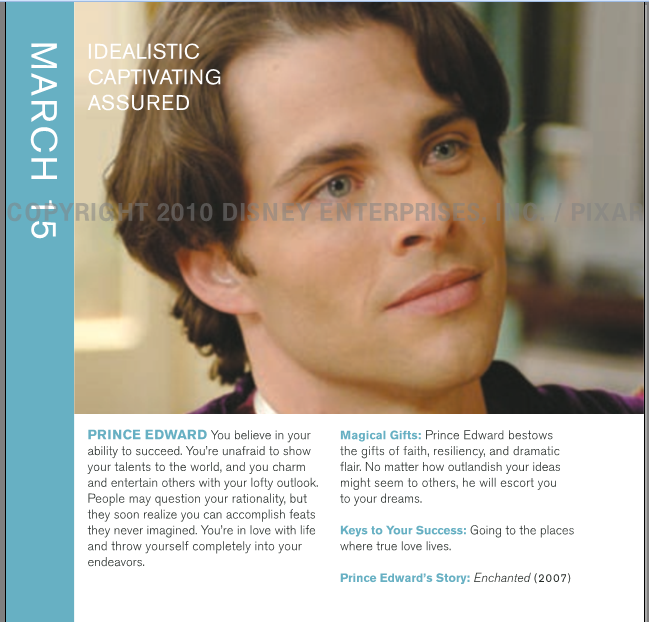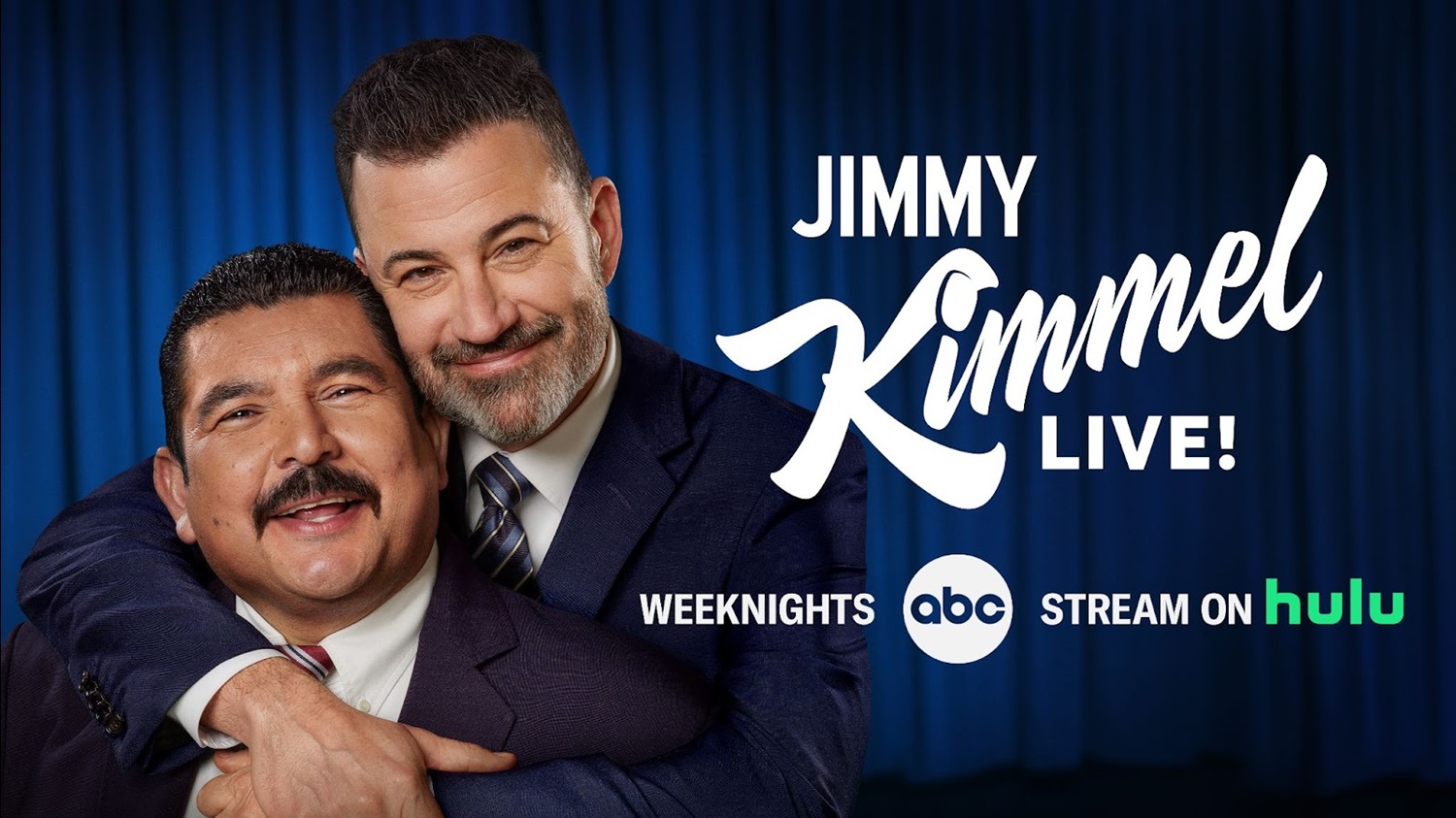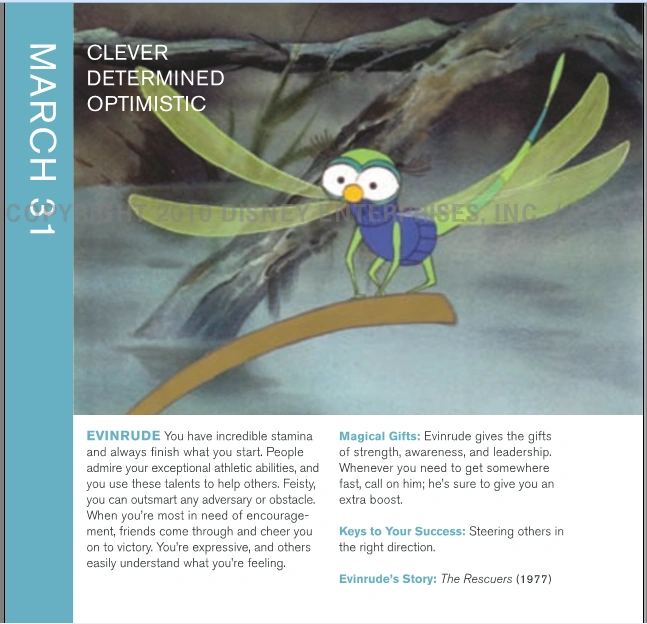Carlos Alsina, Luca de Tena Award: "Journalism must be honored and critical, and must bother, naturally"
(Madrid, 1969) is one of the most recognizable voices of Spanish radio. Driver of the Matal Program of Wave Zero, in this decade that leads to ‘more than one’ has established itself as an sharp analyst of today, an incisive interviewer and a medium renovator. For these reasons he has received prizes such as waves or cerecedo, but the greatest recognition he has won is that his voice sounds to radio. Like that of other teachers: Luis del Olmo, Iñaki Gabilondo, Carlos Herrera … Saying Alsina, that is, Radio, and this is what the Luca de Tena celebrates, the ABC award that recognizes the trajectory of a journalist or innovation project.
– Man, with the age I have and the years I have been, and having started in the writing of the ABC newspaper, when I still had grains and I was a practical student, I really like the path. There are those who think that when they reward you the trajectory they are teaching you the door for you to retire … I really like that the trajectory is rewarded. The renewal is very good, but I have not yet made the jury need exactly what it is. I, more than a journalist, I consider myself author of a daily radio program in which there is journalism and many other things. I see myself more in that facet of person who creates every day contained for a radio program than in the specifically journalistic. There is more renewal in the most radio part that we are making in pure information: the essential principles of honest journalism do not change. It is not necessary to renew them, the other way around: what is needed is to keep them and defend them among some allegedly journalistic innovations that what they are trying is to eat the land to the usual journalism.
Alsina responds to the call of this newspaper at her breakfast time, about to give six in the afternoon, when she starts working on tomorrow’s program. “I now connect with the part of the team that works in the afternoon to tell me what happened, what we have, who we try to interview …». 35 years ago, when he started in the trade, he had other schedules, those of the paper.
“They are 35 years old, look.” This element of personal emotion that the Luca de Tena has is very relevant because it is in the newspaper where I actually started to know the world of journalism. Even if it was only one year, there I learned some of the things that I have the clearest in the trade. The same the most relevant is that, although we all have a very own name and a firm, in the end there is no newspaper and there is no radio program if there is no very well greased of professionals that make it possible for the ship to sail every day. One would only be unable to do it. I made the jump to the radio because it was what I wanted to do. In ABC, television and radio teammates interviewed Luis de Benito, who was starting Onda Zero. I said: “This is mine.” I called wave zero and asked about Luis de Benito. The poor man believed that he was the interview. Of course, it was a trick. I thought then that the radio was what was most adjusted to my abilities. Thirty -five years later, I hope I haven’t been wrong much.
Radio man
«It imposes me a lot to write for the newspaper. Without a doubt, I will make radio what is left of a career »
-No no. The program has a lot of text because I like the script; I really like writing for the radio, but at the same time the responsibility of writing for the newspaper. On the radio we want to think that what you say lasts the moment in which you are saying it, but tomorrow nobody remembers how you have said it, while the newspaper’s text examines it every time someone reads it, it doesn’t matter how long it has happened. That responsibility weighs me so much that I do not feel comfortable writing for a medium such as the newspaper, a digital or a book. Without a doubt, I will make radio what I stay with a professional career.
“I think I cited him talking about the pressure that who is always in power.” What we fight, if it can be called that, is a war for the principles of coexistence or criticism of power, which are essential in the journalistic trade. And also for the essential principles of honest journalism. I do not feel very comfortable giving lessons or writing encyclical, but I do believe that those of us who believe in honest journalism have to defend our position, both in the face of those who camouflage journalists to do activities that are not those of our trade -and there are agitation, poisoning, disinformation, defamation and so many other things -, as in front of those who parapet in the power of discredit, mixing everything, to critical journalism. Journalism can be and must be honored, and it can be and should be critical, and must naturally bother. We have to military – at least I try to practice it – in professional principles. When you have a long career, as this award comes to remember me, you will see each other behind; Some are falling and others arrive, and then the following arrive, and many behaviors are repeated. And yet professional principles remain.
Political pressures
“A Minister of Finance summoned me to tell me: ‘I decide the VAT of the books, and planet edits many books'”
“It has happened to me almost everything.” I have the advantage that I work in a group and with some managers who perfectly understand that the pressures will always occur, that there will always be someone annoying, uncomfortable or dissatisfied with what you have said at eight in the morning. That this one always, if you have a phone by hand, will want someone within the communication group to which you belong to be aware of that discomfort or that dissatisfaction. It is very positive for the journalistic work that all these pressures do not transcend down, to those who are in the microphone, because I believe that freedom also goes through that. The freedom of the one who thinks, or who informs, or who entertains in a radio program is to feel free of all those environmental pressures that you know exist. I have had coffees or meetings to which who is in the power to make you reach more or less clear pressures or even warnings. To me a Minister of Finance -and I will not say much more, is not from the government now -, just arrived to the government after being very satisfied with the program we did when he was the opposition, he has summoned me to have a coffee with other people to tell me that I should change the program line. But who are you to decide the line of my program? I remember that he told me: «Do you know that I am the Minister of Finance, right? That is, I decide, for example, the VAT of the books, and the reference shareholder of the Atresmedia Group is planet that, something else, but edits many books. Surely your bosses would not like him to decide tomorrow. And I: “Well, I imagine that tomorrow I will dawn with a horse head between the sheets of my bed, right?” I have also lived campaigns of these that are organized or organized in social networks, but this is part of the atmosphere in which we work every day. You have to be done to it and relativize it.
“Many times it is as simple as having followed the manifestations of the political character on duty because they tend a lot to repetition when they have an argument well learned; In many cases you can foresee where they will leave. Then it also has a lot to do with listening to what they are answering: sometimes they get out of the script or come out on the one hand that you did not expect and there the important thing is that you do not escape what they just told you. If you also have the luck that the political character on duty that morning is lazy or says something that he did not want to have said or commit some stupidity … Many times it is as easy as letting speak. When you let someone speak more likely to put the leg at some point. What it seems to me that it is honest and enforceable is that I tell him things in the same terms in which I say them when he is not; It is a right that the interviewee has. That he can refute, replicate or ask, and convert, if he wants, the interview in a debate.
Incisive interviews
“When you let someone speak more likely to put the leg at some point”
—If something can boast the usual radio, it is the ease with which he has been able to move immediately to where something has happened and allow those who are in that place, in this case the flood, say what they want. We believe that we did ten live programs from the streets of different municipalities affected by the flood. The only merit is to get there and listen to: put a microphone that allows what happens there be heard in the rest of the country. And that’s what journalism consists of, of course. The best possible radio is actually the one that we put less on our part who we do it, because in these cases the programs are made by the affected listeners, the emergency teams, the mayors … The radio has an advantage over other means: it is immersive, it sounds around you, it allows you to almost be there. That is the emotional force of our environment.
“The best thing is what happens to me is that as I have heard radio and being a fan of the radio that others have made for so many years, nothing seems to me to be new at all. All elements, pieces or genres in the end incorporate them after having known them as a listener. It is true that when the monologue did to me that it was nonsense to do at 8 in the morning a thing like that, but some thought that the listener at 8 in the morning is not for arguments, that he cannot be invited to reason in such a discursive way. I say that there will be everything.
#Carlos #Alsina #Luca #Tena #Award #Journalism #honored #critical #bother #naturally










